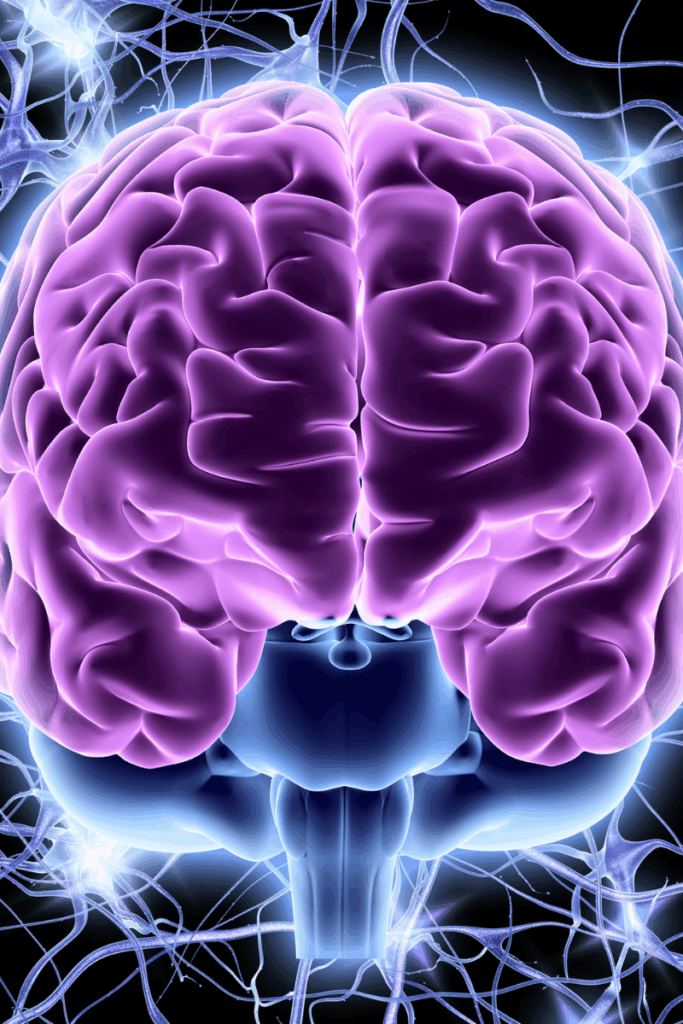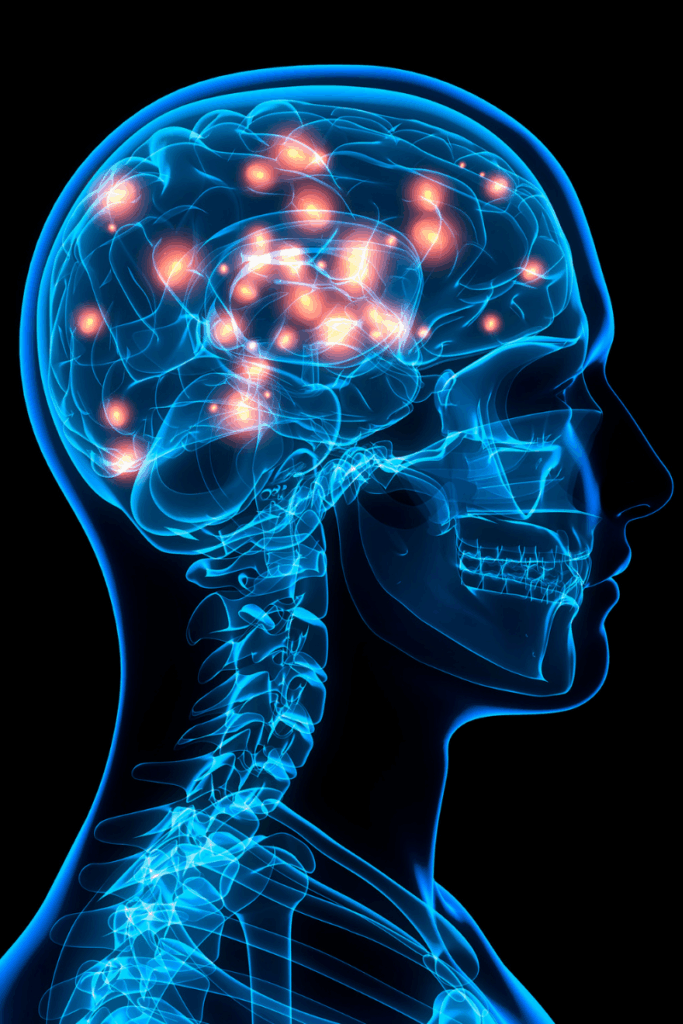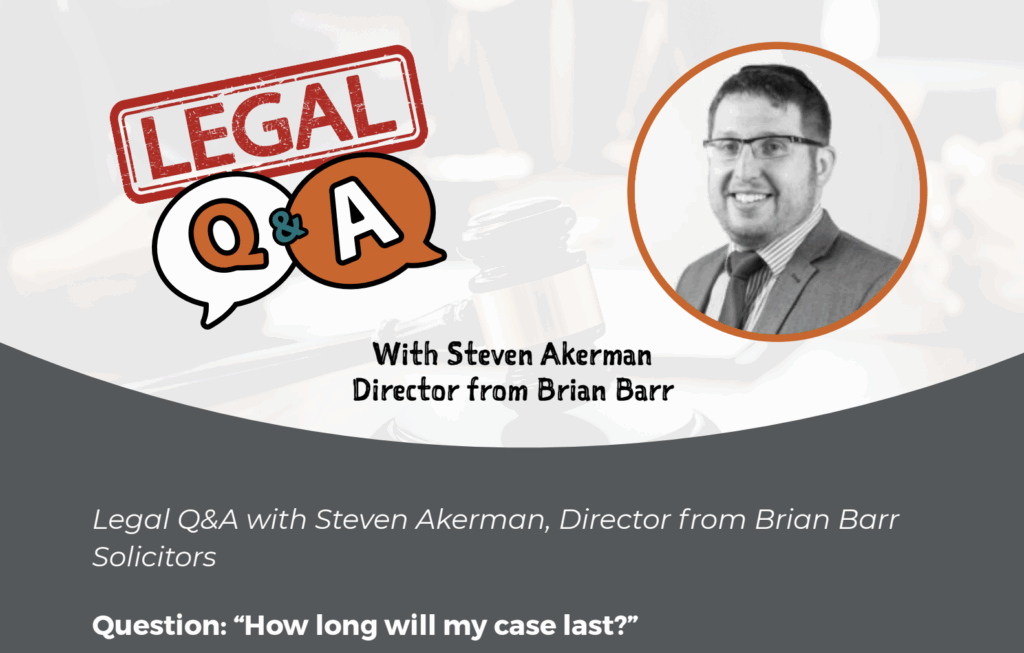In recent years, we’ve seen a marked rise in clients presenting with Functional Neurological Disorder (FND) following trauma – particularly road traffic collisions, falls, or other work-related incidents where there may be no clear structural injury, but very real and life-altering symptoms.
At Brian Barr Solicitors, we specialise in complex neurological cases, such as chronic pain claims. We are increasingly hearing from individuals who, after sustaining a trauma that was not their fault, begin experiencing symptoms like fatigue, limb weakness, tremors, non-epileptic seizures, or gait disturbances – only to be met with confusion, disbelief, or misdiagnosis.
What is FND?
FND is a condition where the brain’s normal messaging system is disrupted, leading to neurological symptoms that have no identifiable structural cause, such as a tumour or lesion. Despite this, FND is very real and often disabling.
Symptoms can include:
- Walking difficulties, paralysis, loss of movement or coordination
- Spasms and twitching
- Speech difficulties
- Seizures (non-epileptic)
- Numbness or limb weakness
- Cognitive issues or “brain fog”
- Sensory issues
For many, these symptoms emerge after a physical or psychological trauma, making personal injury a key context for understanding the disorder.
FND often falls into the same grey area as chronic pain and conditions like CRPS (Complex Regional Pain Syndrome) or fibromyalgia. Like other ‘invisible illnesses’, it can be difficult to diagnose and even harder to explain, particularly when claimants are facing scrutiny from insurers, employers, or even healthcare professionals.
Many people living with FND face:
- Delays in diagnosis, due to a lack of awareness in both medical and legal settings
- Scepticism about the legitimacy of their symptoms
- Financial hardship from being unable to work
- Mental health challenges, such as anxiety and depression
In the context of personal injury law, proving causation – i.e. that the incident triggered the FND – requires careful, expert-led evidence. Just because something is complex, doesn’t mean it isn’t valid.
There is growing medical recognition that trauma (physical, psychological, or both) can act as a trigger for FND. We are now seeing more referrals involving FND diagnoses where people have been injured in road traffic collisions or work-related incidents.
These are not isolated cases. As awareness grows, so too does the realisation that FND may be an underdiagnosed consequence of trauma, and many claimants are left trying to navigate a complex medical and legal system with little support. Our team of chronic pain solicitors has deep experience in supporting clients with invisible, complex, and often misunderstood conditions. As leading personal injury solicitors in Manchester, we work closely with medical experts who understand the nature of FND, and who can help us build strong, evidence-led cases for FND compensation.
As FND becomes better understood in medical and legal communities, our hope is that more individuals will receive the validation, treatment, and compensation they deserve.
















